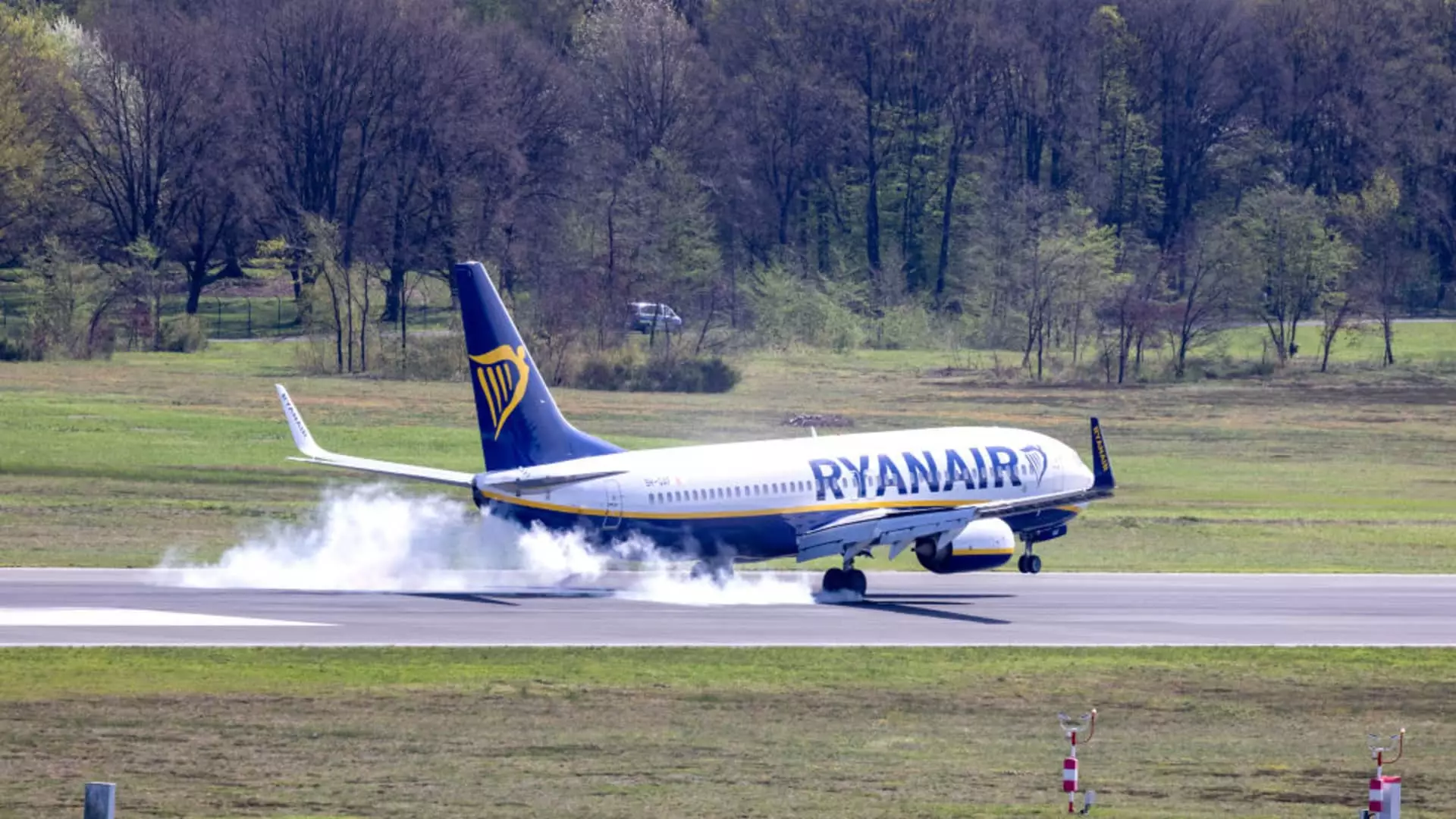Ryanair, a budget airline, experienced a significant decline in its quarterly profit after tax, causing a 46% decrease compared to the same period the previous year. This news had a direct impact on the company’s stock performance, with shares falling by 14.53% in London trading.
The primary reasons cited for the drop in profit were weaker-than-anticipated fares and the Easter season falling into the previous quarter. Despite an increase in passenger traffic by 10% to 55.5 million during the quarter, Ryanair’s profit took a hit due to these factors.
Ryanair highlighted that it was operating its “largest ever schedule” during the summer season, with over 200 new routes and five new bases. However, the company’s Group CEO, Michael O’Leary, expressed concerns about lower fares than expected for the next three months. This unexpected development may have implications for the overall performance of the airline during the summer period.
O’Leary mentioned that it was too early to make accurate forecasts for the rest of the financial year, given the uncertainties surrounding future demand and pricing. The lack of visibility for the third and fourth quarters, coupled with the absence of the previous year’s early Easter boost in revenue, makes it challenging to provide meaningful guidance for the full fiscal year.
The news of Ryanair’s profit decline had a ripple effect on other European airlines, with EasyJet, Jet2, and Wizz Air all experiencing drops in their stock prices on Monday. This indicates that the challenges faced by Ryanair are not isolated and may have broader implications for the airline industry as a whole.
Ryanair’s quarterly profit report and subsequent stock performance reflect the challenges faced by the airline in a competitive market environment. The impact of lower-than-expected fares and seasonal factors on the company’s financial health underscores the need for strategic planning and adaptability in the face of uncertainty. As the airline industry continues to navigate through economic fluctuations and changing consumer preferences, it is essential for companies like Ryanair to stay agile and innovative to maintain their competitive edge.

